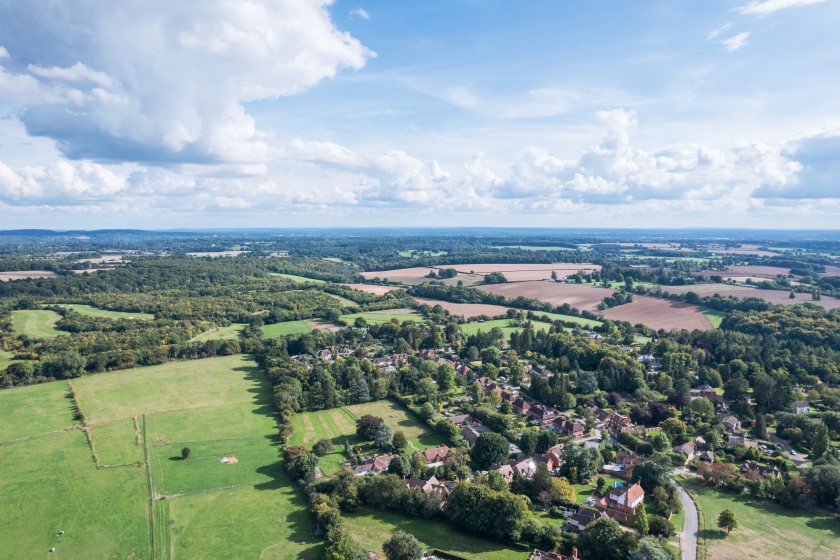
More than 1,700 farms on the outskirts of English towns and cities have vanished since 2010, according to a concerning new report released today.
A total of 56,000 hectares of agricultural land has been lost, an area comparable to the size of Leeds, countryside charity CPRE warned on Monday (31 March).
Despite accounting for just 11.3% of the UK’s agricultural land, these farms produce a disproportionately high share of key crops, such as wheat, oats and barley.
Beyond food production, they act as vital green buffers, supporting local ecosystems, cutting food miles, and contributing £3.3 billion annually to the UK economy.
In its report [PDF], the CPRE said the government must recognise the "vital role" of the countryside around towns and cities, or else more farms could be lost.
The crisis is unfolding amid further instability in the agricultural sector, following Defra’s recent suspension of the Sustainable Farming Incentive (SFI) scheme.
The SFI, a key post-Brexit payment programme designed to reward farmers for environmental stewardship, was suddenly halted last month, leaving many without essential financial support.
Following the CPRE's report, Graeme Willis, agricultural lead at the charity, warned that farms around England's towns and cities were "disappearing at an alarming rate".
He said: "Every hectare of farmland lost is more than just a statistical decline, it’s an erosion of our countryside and our fundamental national resilience.
"Without proper support systems in place, we risk losing not just farms close to towns and cities but doing serious damage to the UK agricultural sector overall."
Today's report builds on previous findings showing that since 2010, 14,000 hectares of England’s most fertile farmland have been lost to development.
Additionally, 60% of the remaining high-quality farmland is at significant risk of flooding, and outdated climate data from the 1940s is still being used to assess UK agricultural land quality.
Mr Willis called on the government to urgently join up its policies on land use, food security and agricultural support in a way that recognised the role of the countryside around towns and cities.
"This means strengthening planning protections for agricultural land and providing the necessary support to farmers to both put food on people's plates and better manage the environment for future generations," he concluded.
